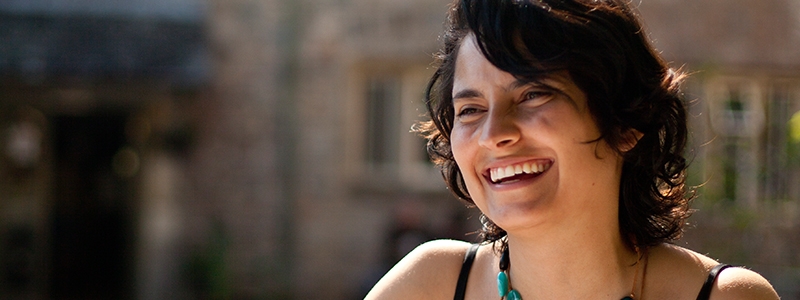Problem: Schumacher College (located in South Devon, England) believes that formal university campuses separate people and institutions from communities. In this college, the campus is like a community, where students, teachers and collaborates live together while they study, teach or work. The institution also combats other severe problems of current society, such as individualism, consumerism, the lack of respect for others and poor eating habits. They do this by exercising the sense of collective and promoting the sustainability of school spaces and the courses they offer.

Solutions: The college offers post-graduate courses, with 150 students, in areas such as holistic sciences, ecological supply systems and the economy, as well as short-term courses, which can last from three or four days to six months. Examples of the short-term courses include “Agro-ecology: food for the future” and “Rising Women Rising World”. The school also provides vocational training, such as “Called from the wild” and “Sustainable horticulture”. The courses are based on holistic training and involve a combination of Science, Spirituality, Art and Ecology.
The house where participants live is administered and cared for by all (students, staff, collaborators), who begin their day with a meeting. Next they divide into cooking, gardening and cleaning groups. The food is vegetarian, some of which is produced in the local garden. The rest comes from local organic producers. Students study in the morning and have the afternoon free for reflection. All of the courses have small groups so that the students receive more attention from the teachers, many of which are worldwide specialists and activists. There is also time to make use of the library, which contains a special collection of books on sustainability and ecology. A mediation room is available. At night, visiting teachers, artists and guests often give speeches. Socializing usually occurs in the living room or bar.
The idea behind this project is that learning and living together transforms the participants. Creativity and emotional flexibility are encouraged throughout the stay at the college. Collaborators work in the institution as volunteers in exchange for subsidies for studies, accommodation and food.

Outcomes: The participants learn concepts such as collaboration, compassion and sharing. They begin to question how they live in current society, as well as their consumption habits and relationships. They leave the course with the ability to make positive changes in their lives and in the lives of those around them and around the world. The school has already received participants from 60 countries. The learning method has inspired schools around the world, such as the Schumacher School Brazil, which in 2015 will conduct a course on holistic sciences and economy for transition.






